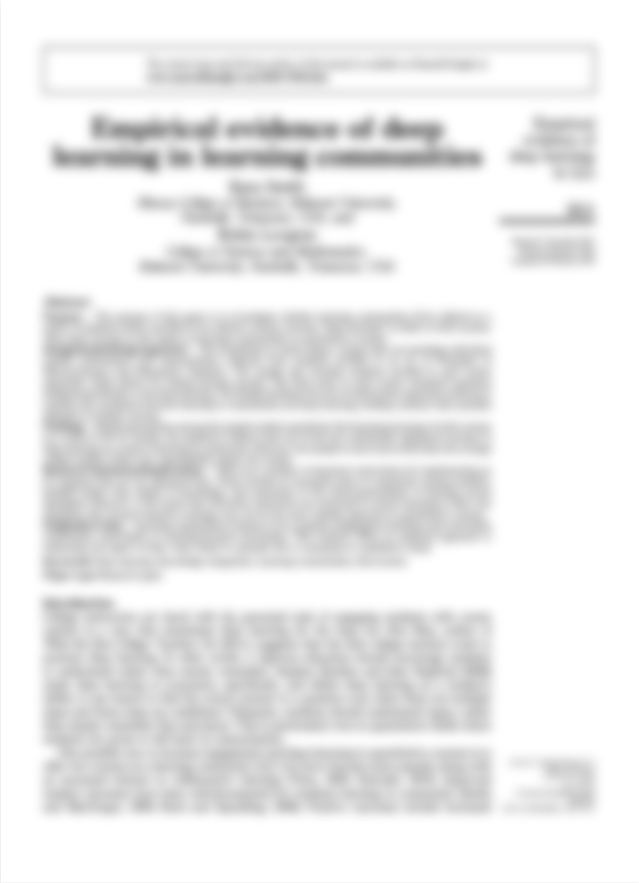$6,000,000 Hampshire House Cornerstone Set: 37-Story Building Is Under Construction in 59th Street
New York Herald Tribune (1926-1962); New York, N.Y.. 25 Mar 1931: 40.
You might have access to the full article...
Try and log in through your library or institution to see if they have access to the full text.





